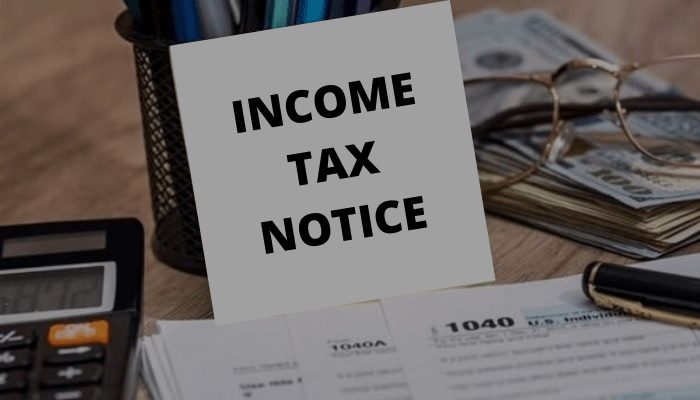Income Tax: The Income Tax Department has tightened regulations concerning undeclared income, making it crucial for taxpayers to be vigilant. If your income exceeds a certain limit and falls under the taxable bracket, it is mandatory to file an Income Tax Return (ITR). Any mistake or omission in filing your ITR can result in the Income Tax Department issuing a notice and even re-evaluating your past returns.
Key Deadline for Declaring Undeclared Income
For taxpayers with undeclared income from the assessment year 2018-19, the deadline to disclose this income is set for August 31, 2024. This is particularly important if the undeclared income exceeds ₹50 lakh. In such cases, the Income Tax Department has the authority to issue a notice under Section 148 by the deadline, initiating a re-assessment process.
Changes in the Rules
Previously, the Income Tax Department had a 10-year window from the end of the assessment year to initiate proceedings for undeclared income. For instance, for the assessment year 2018-19, the Department would have had until March 31, 2029, to take action. However, the 2024 Budget has reduced this time limit, meaning that taxpayers with undeclared income over ₹50 lakh from the assessment year 2018-19 or later could receive a notice under Sections 148A and 148 by August 31, 2024.
What to Do if You Receive a Notice
- Verify the Notice:
Upon receiving a notice under Section 148A, it is essential to check whether it was issued within the prescribed time limit and if it was sent by the appropriate authority, either the local assessing officer or the National Faceless Assessment Centre (NFAC). - Respond Promptly:
Taxpayers typically have between 7 to 30 days to respond to a notice under Section 148A. It is crucial to adhere to this timeline and submit your reply within the stipulated period. - Addressing Incorrect Notices:
If you believe the notice has been issued erroneously, you should respond with the necessary documents to support your case. By doing so, you can request the Income Tax Department to reconsider and potentially close the case.
This move by the Income Tax Department underscores the importance of accurate tax filing and the need for taxpayers to remain vigilant about their financial disclosures.
Keep watching our YouTube Channel ‘DNP INDIA’. Also, please subscribe and follow us on FACEBOOK, INSTAGRAM, and TWITTER
